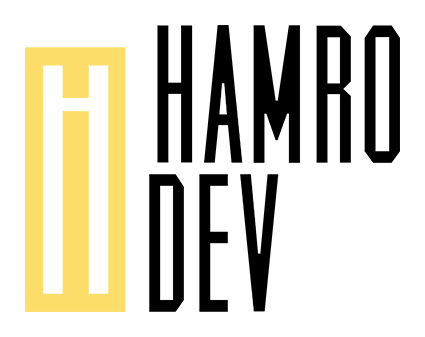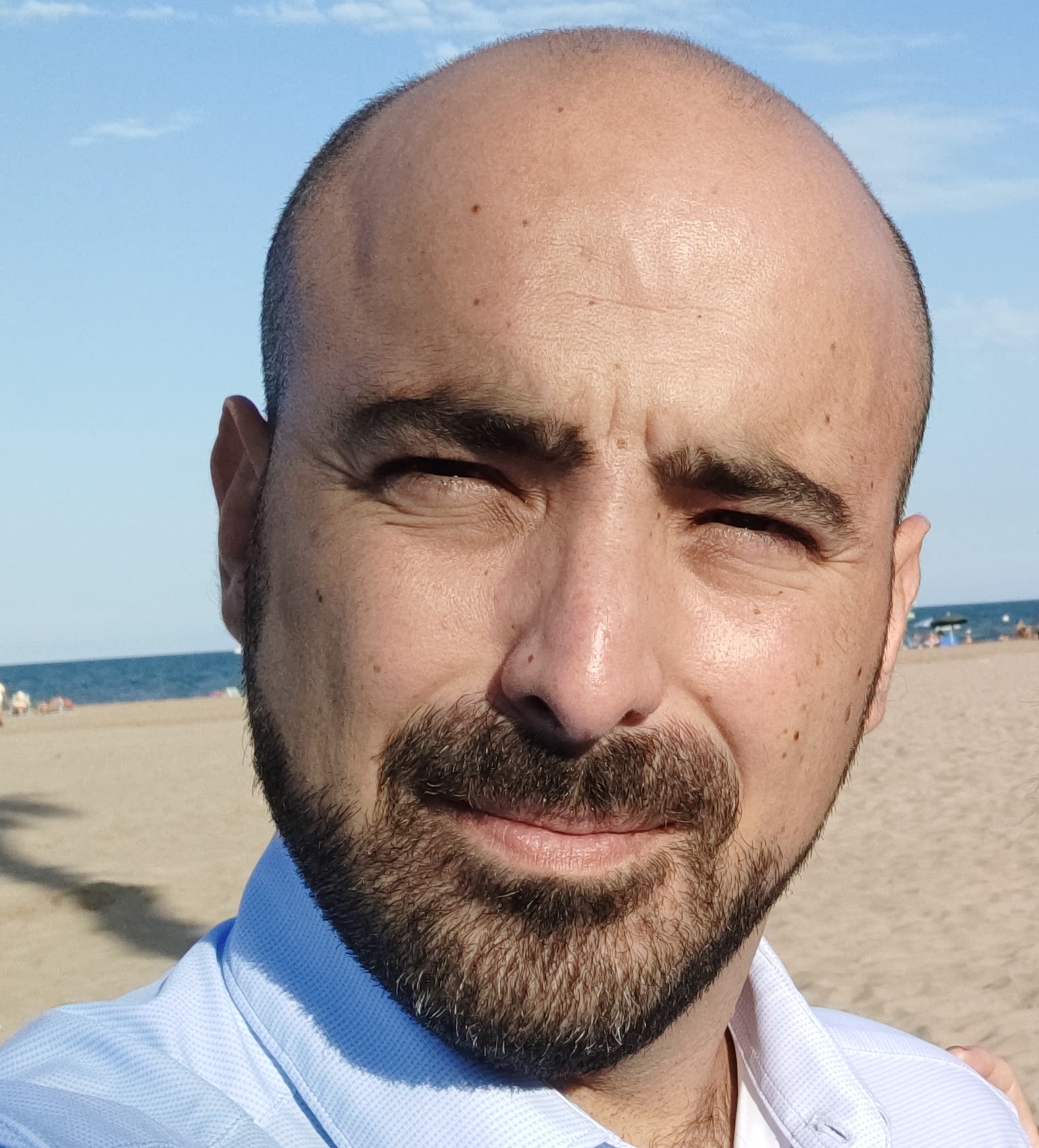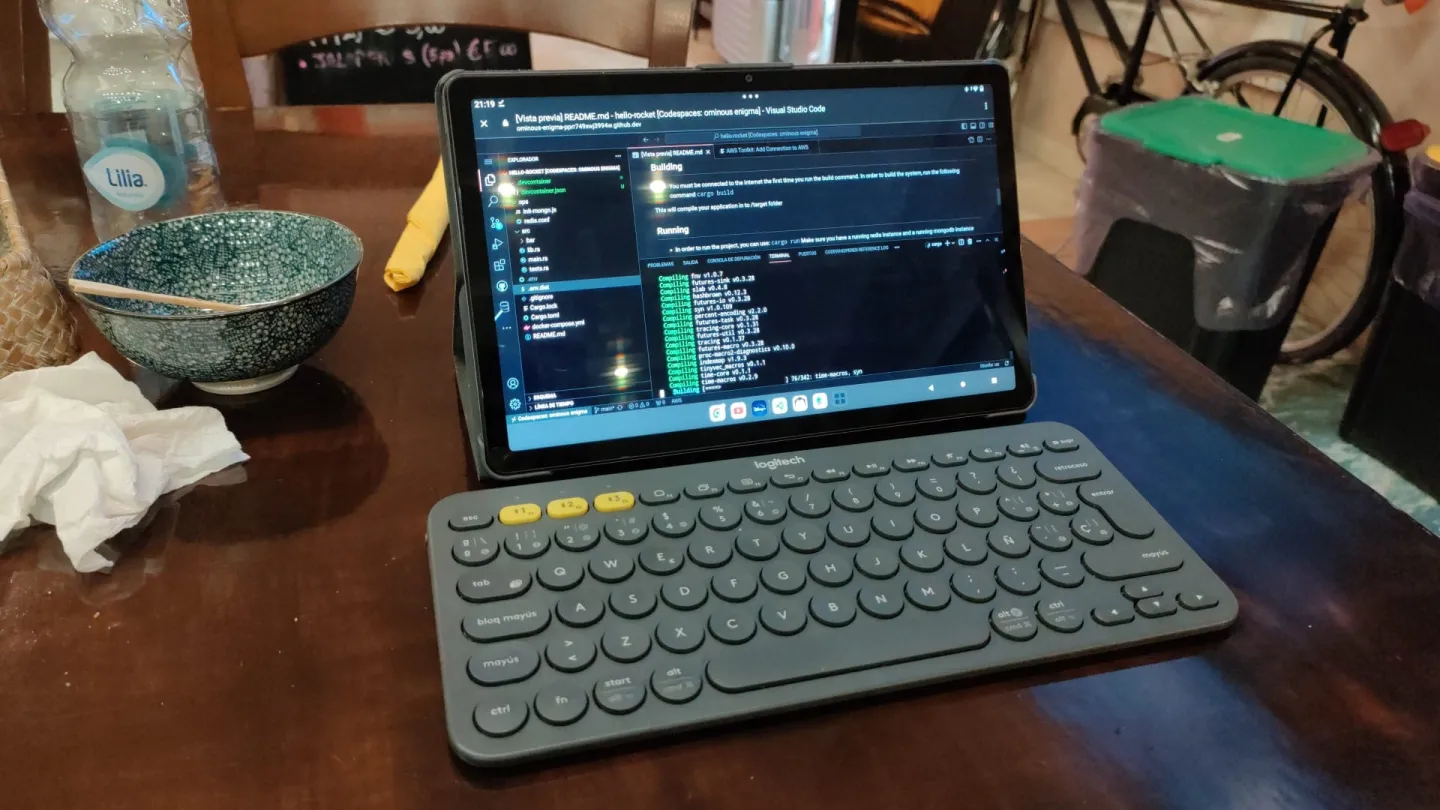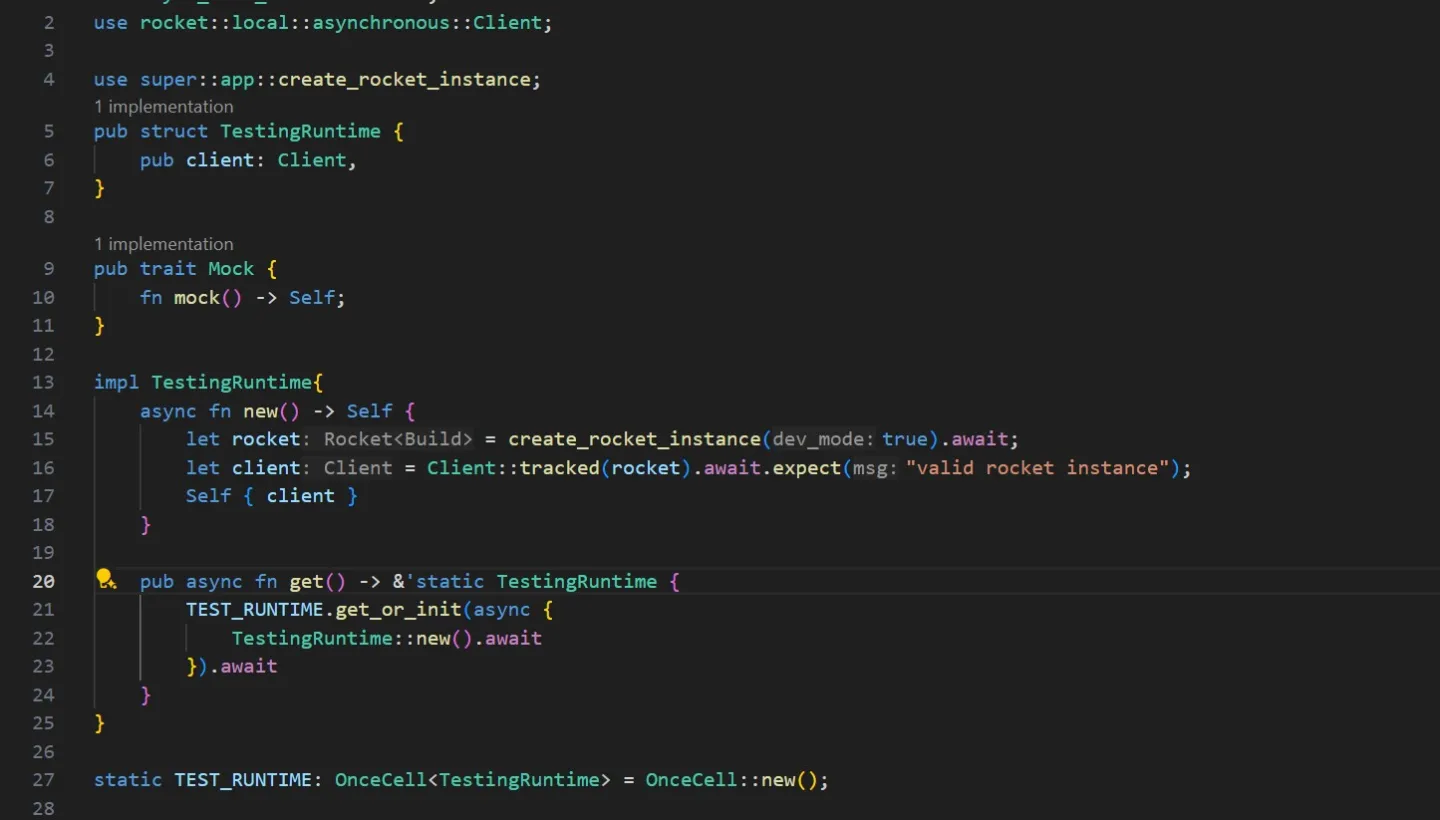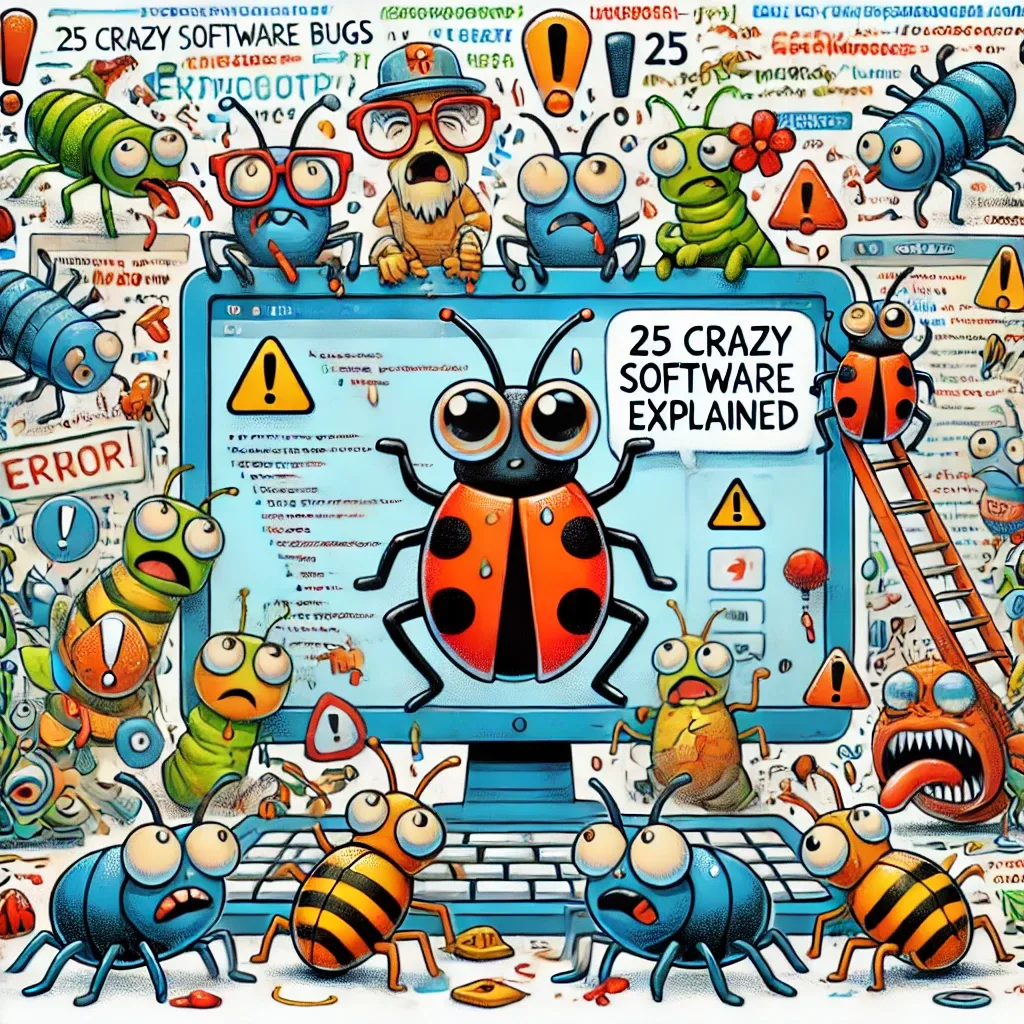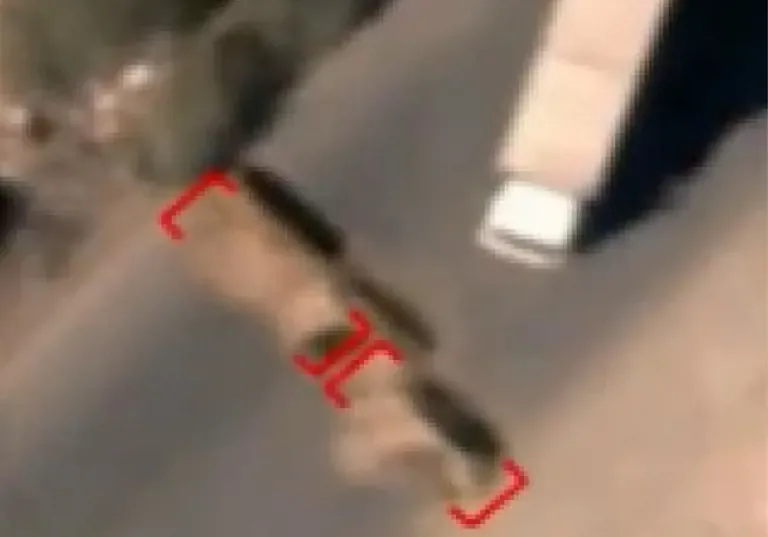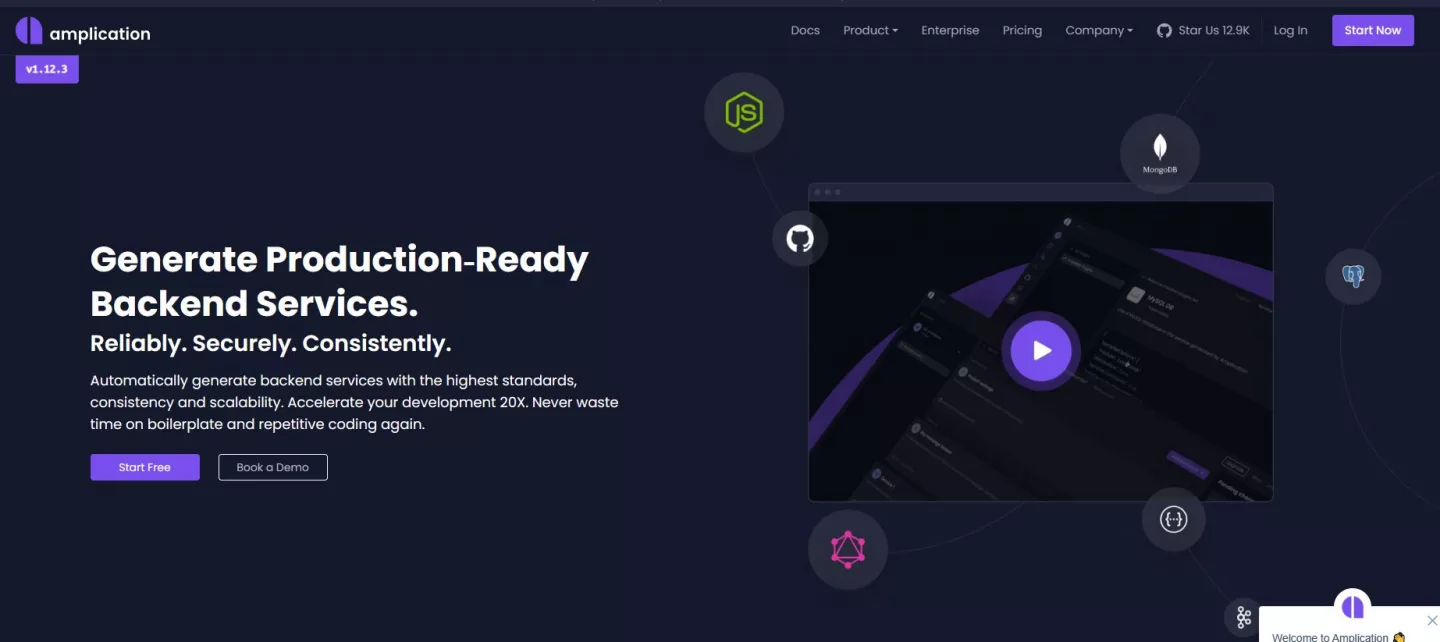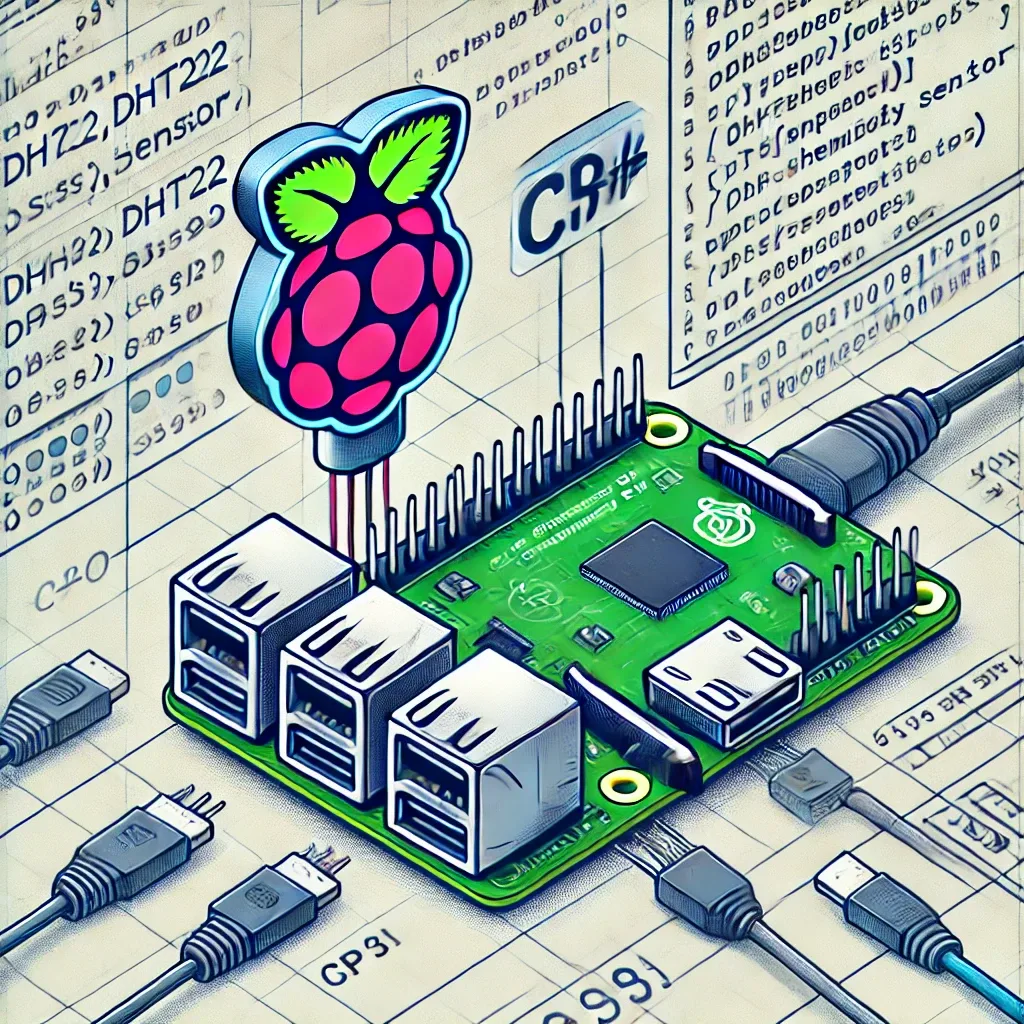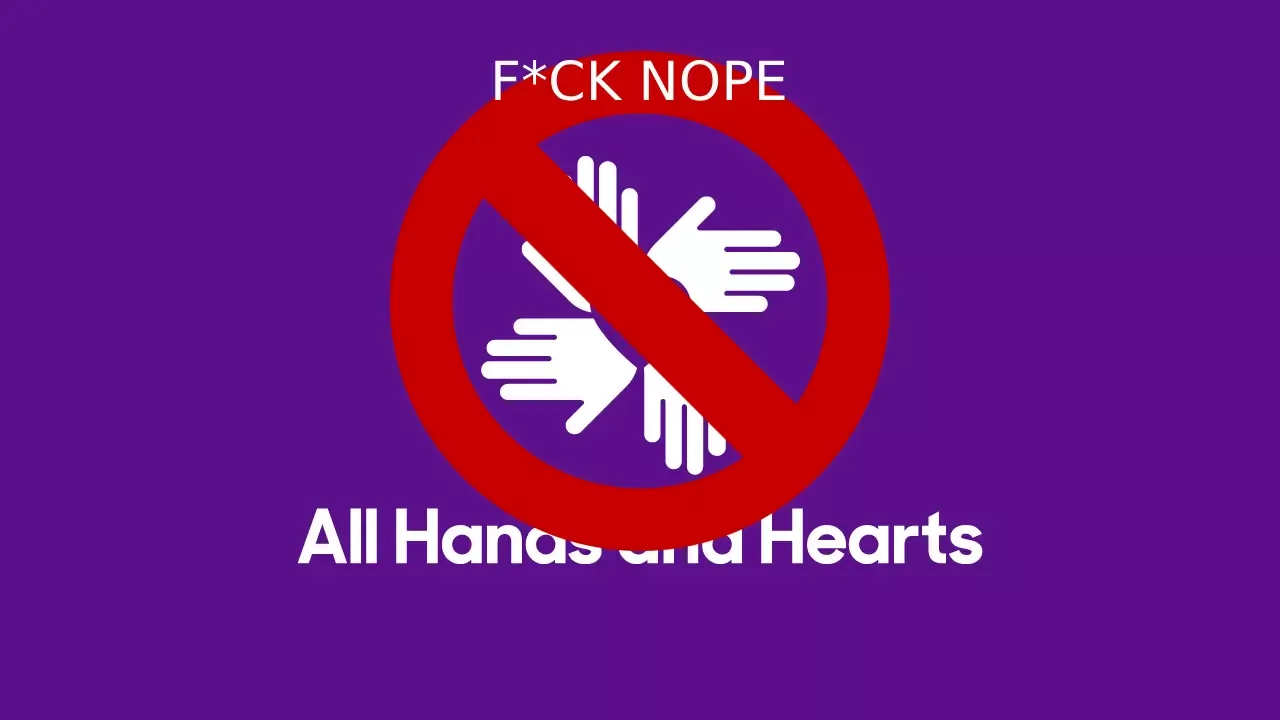Amid the Israel-Hamas conflict, a slew of viral videos and photos were found to be misleading or entirely fake. Social media platforms, owing to their inherent structure, have evolved into potent vehicles for spreading news rapidly. Unfortunately, these platforms have been manipulated over time to create an environment conducive to disseminating biased or 'spun' information, tailored to individual preferences.
This manipulation has spawned fabricated videos and images meant to confound public opinion, along with the deliberate creation of accounts aimed at spreading misinformation and propaganda. When fake news is accepted as truth, it possesses the potential to stoke animosity, incite violence, and deepen divisions, thereby obstructing the path to peaceful conflict resolution. Furthermore, it complicates efforts to establish a shared knowledge foundation for negotiations and diplomatic endeavors.
To evade these pitfalls, it is crucial to scrutinize the sources of information and seek concrete evidence to validate reported claims. This can involve checking reliable sources, verifying official statements from relevant authorities, and cross-referencing information from multiple outlets. In an age rife with misinformation, exercising caution and the pursuit of truth are imperative for gaining a comprehensive understanding of the world around us.
How to protect ourselves from missinformation
Unfortunately, sometimes it becomes very difficult to distinguish between rightful and truthful information and those regarded as "fake news". Just today I was reading some news on how Hamas was blocking all of the roads that lead south to prevent civilians from evacuating to the south ( Here too ) . However, all of this footage and information was provided by the Israeli Defense Forces, who are one of the involved parties in this conflict.
I don't want to get into who is right or wrong, but instead to analyze the context and the sources that we are reading on a daily basis, to better grasp how to distinguish truth from tale. How much does the news benefit one side or the other? Could there be multiple interpretations for what is going on? Propaganda and media are huge players in modern conflicts. Remember about the weapons of mass destruction when USA invaded Iraq?
Regarding the Palestinian side of this story, they alledgedly reported how Israel is bombing civilian targets on these roads, and showed some footage about it , asking Gaza residents to stay home as Israel ground offensive looms.
Can we believe Hamas fighters are avoiding their own civilian people to leave the northern part of Gaza so that civilian casualties are higher?
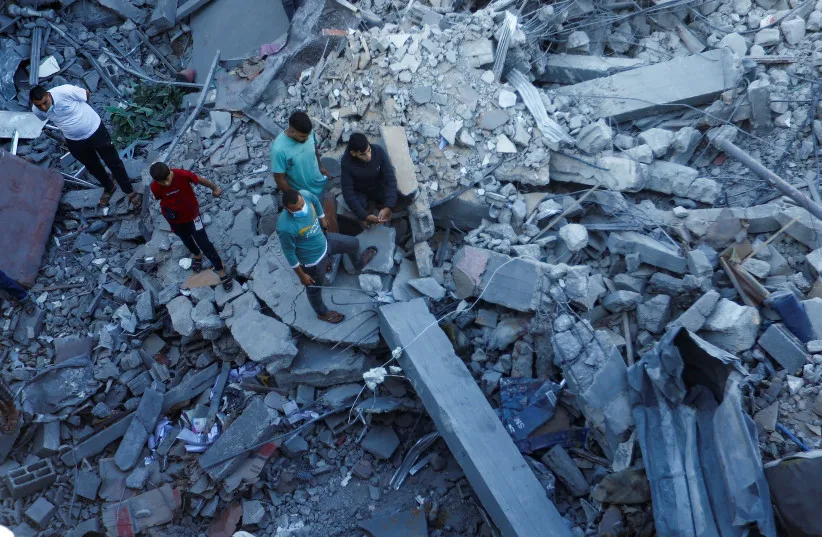
The internet is becoming more and more a source of unverified (or difficult to do so) information.
- A rule of thumb: If it is too good to be true then there is a chance that it is not true
- Verify what the opposing side says before making a stance
- Try to read from multiple sources before making up an opinion on the matter
- Try to talk with people related to whatever happened (this is harder) or read about it from other sources of truth
- Try to use verification tools and websites. For example, you get aiornot to verify if images are real or have been likely manipulated by an AI to generate them.
- Try to avoid blindly believing in things. Be skeptical about what you read on the news, on the internet.
I have read hunders of lies over the past years from many conflicts in many different sides and , even if sometimes it is difficult to distinguish, we must learn how to be cautious on what we read. Long time back, missinformation on WhatsApp lead to a mob killing in India. And it is very likely for this to happen again in these coming conflicts, where death leads to anger and retaliation.
